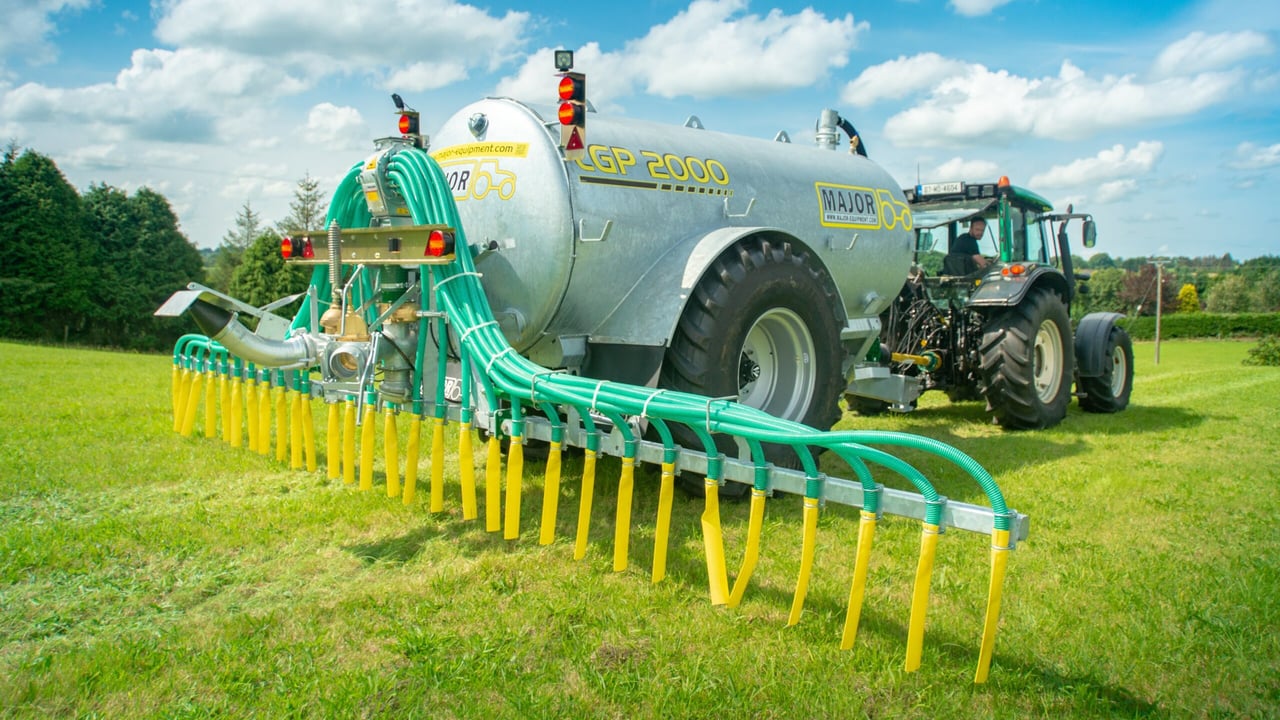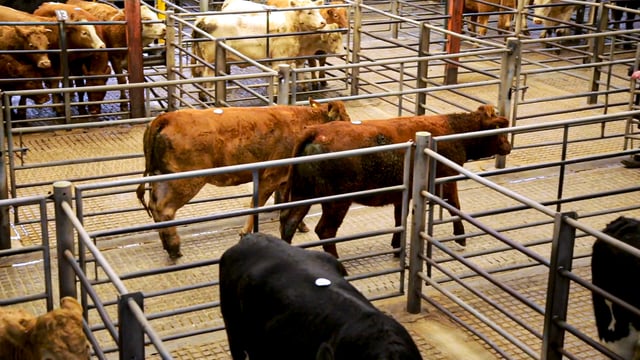Soil Cycle Project: Getting the best from animal manures
Teagasc has just launched a new initiative, the Soil Cycle Project, designed to optimise the use of organic manures on cereal crops.
It will specifically focus on the spring application of manures on winter cereals.
Teagasc tillage specialist, Ciaran Collins, is heading up the project. He confirmed its scope on a recent episode of the Teagasc podcast, 'The Tillage Edge'.
Currently, the use of organic manures on tillage farms is commonplace, but not on all farms. However, putting out these fertiliser sources in the autumn can lead to significant nutrient losses during the subsequent months.
So is it feasible to effectively apply organic manure to winter crops during the spring months?
According to Colins, the answer to that question is: ‘yes’.
He said: “Quite often the best crop yields come from fields that have received regular dressings of organic manure.
“There is a clear relationship between organic manure application and yield.”
Collins went on to explain why organic manure has such benefits.
“At a basic level, organic manures represent a source of nutrient supply: nitrogen, phosphate and potash," he said.
“The bit that adds to it is the general increase in soil health improvement that is achieved.
“Manures contribute to soil organic matter, thereby feeding soil biology and health.
“There is also the issue of cost-effectiveness; replacing a proportion of the chemical fertiliser that would normally be used to grow a crops with organic manures.”
Where the autumn placement of organic manures on tillage ground is concerned, the Teagasc representative made the case for its application prior to planting out a crop of oilseed rape.
“We know that the growing canopy within a rape crop can make efficient use of the nitrogen available from the organic manure that would have been spread prior to planting," he said.
Meanwhile, approximately 300,000ha of cereals are grown in Ireland on an annual basis. Half of this area is dedicated to winter crops.
Collins said: “There is no difficulty putting organic manures on ground destined for a spring crop prior to drilling."
Soil Cycle Project
The Soil Cycle Project, however, has been developed to look at the potential for in-crop applications of these manures during the spring months.
“It’s very much a case of putting out nutrients when crops need them most," he said.
"There are growers doing this and we have sat down and looked at what they are doing.
“There is something in it, but it’s not without challenges.”
Soil Cycle envisages the application of organic manures during the February-March-April period.
Putting slurry out using dribble bars will be a key aspect of the project, as will the use of precision technologies, including GPS and flow meters.
Collins said: “We will also be striving to work out much chemical fertilisers can be replaced through the use of organic manures.
“Another issue to be investigated will be the use of heavy machinery on ground at a time of year when compaction issues can arise.”
“Ultimately, we will come up with a set of best practice guidelines.”
The Soil Cycle Project will take place on commercial tillage farms. With this in mind, Collins is seeking to enrol participants: both farmers and contractors with experience of utilising organic manures on growing cereal crops.





